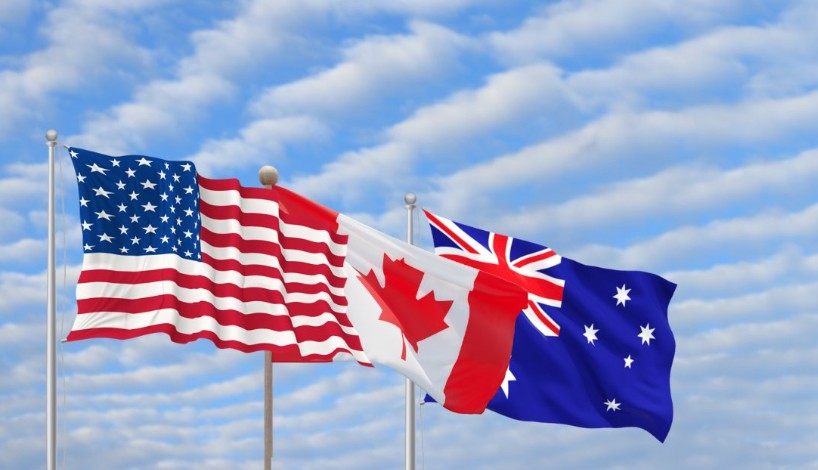
Visa exemptions for certain nationalities rei...
read more
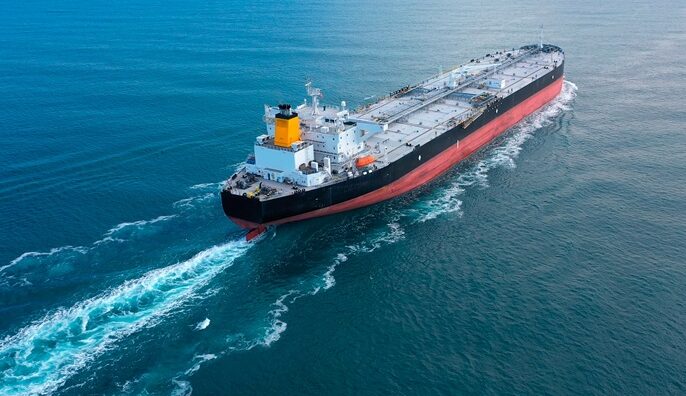
Taking the first step towards adopting the latest international oil pollution liability regime in Brazil, the executive branch submitted the IMO Convention to the National Congress for approval
The International Maritime Organization (IMO) governs the compensation regime for pollution damage caused by the escape or discharge of oil from tankers. This mechanism, financed by shipowners via their P&I club or similar liability insurers, was established through the 1969 International Convention on Civil Liability for Oil Pollution Damage (CLC). The Civil Liability Convention is supplemented by the 1971 International Convention on the Establishment of an International Fund for Compensation for Oil Pollution Damage (Fund Convention), a fund subscribed to by cargo interests to ensure compensation for pollution loss or damage where that provided by the CLC is insufficient or unavailable.
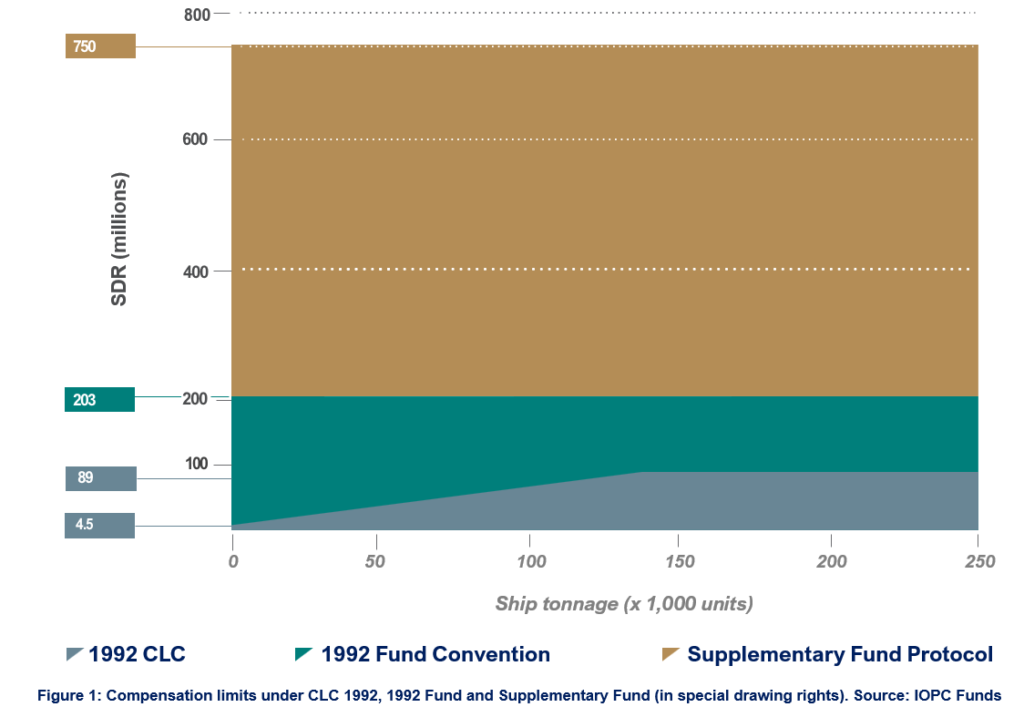
The 1969 CLC and the 1971 Fund Convention were updated by the 1992 Protocols, providing higher compensation and broader coverage. The 2000 Amendments raised the compensation limit under the 1992 CLC Protocol by half. In the wake of high-profile oil spill incidents in Europe involving the tankers “ERIKA” and “PRESTIGE”, the 2003 Protocol to the 1992 Fund Convention (Supplementary Fund Protocol) was established to grant compensation beyond that afforded under the Fund Convention. The International Oil Pollution Compensation Funds (IOPC Funds), an intergovernmental organisation with a London secretariat, is responsible for claims management and compensation payments under the 1992 Fund and the Supplementary Fund.
Most countries have now transitioned to the 1992 CLC. As of September 2024, 149 IMO member states had signed up for the newer regime, representing more than 97% of the world’s seagoing tonnage. Notable exceptions are the United States, which has its domestic oil pollution liability regime, The Oil Pollution Act (OPA 1990), and Brazil, which, although not owning a significant merchant fleet tonnage, is a major cargo-driven nation, moving substantial volumes of oil and oil products.
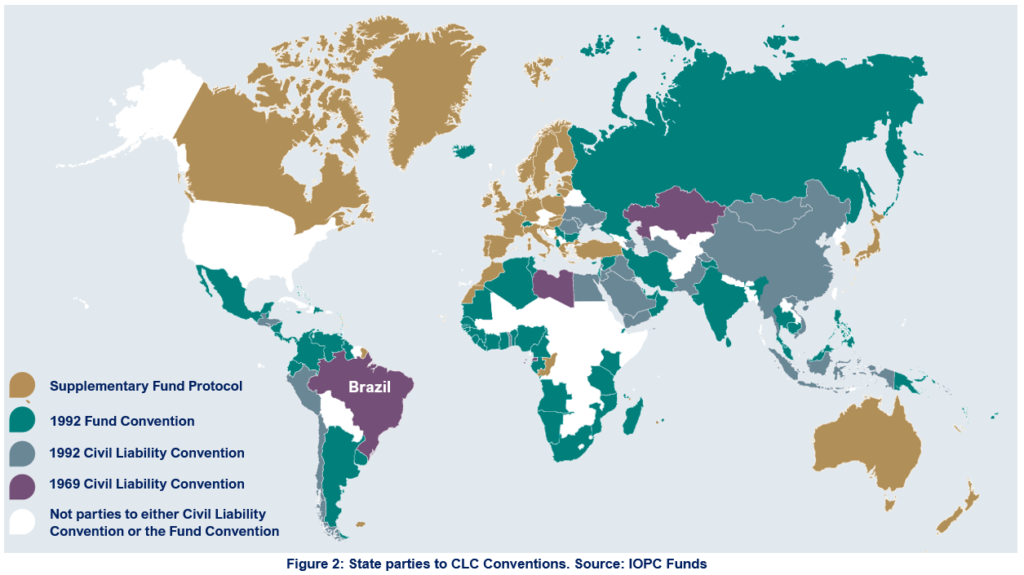
The 1969 CLC has the same features as the newer regime; however, it caps the shipowner’s strict liability at 14 million special drawing rights (SDR), or about US$ 18.9 million, and only covers spills that occur in the territorial sea (12 nautical miles). In contrast, the 1992 CLC, as amended, has a limit of up to SDR 89.77 million (US$ 121.6m) and extends to oil spills within the state party’s exclusive economic zone – EEZ (200 nm). The 1992 Fund Convention adds a second compensation tier limited to SDR 203 million (US$ 275m).
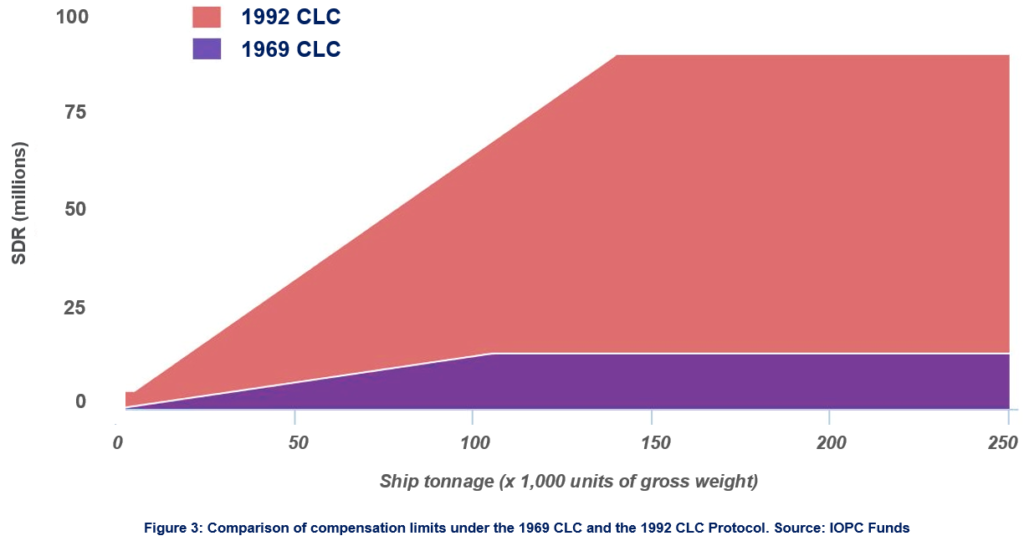
In 1976, Brazil ratified the 1969 CLC. It was implemented in domestic legislation in 1977 and regulated in 1979. Despite this outdated IMO treaty remaining in force in the country for nearly five decades, there are no precedent cases before Brazilian high courts in which owners of tankers causing oil pollution have limited liability based on the 1969 CLC. The courts would generally uphold the full reparation principle enshrined in the Brazilian Civil Code.
Despite longstanding recommendations by the maritime law community, Brazil has remained oblivious to the need to align its domestic legislation with the latest international legal regime for oil pollution compensation afforded under the 1992 CLC. It was not until a mysterious oil spill severely affected the Brazilian coast in 2019 that lawmakers and the federal administration started considering the matter seriously.
Eventually, on 10 September 2024, the President of Brazil submitted the 1992 CLC Protocol and the 2000 Amendments to the National Congress for adoption based on recommendations from the Ministries of Foreign Affairs, Defence, and Environment and Climate Change.
The proposal put forth by the government will be reviewed by the Foreign Affairs and National Defence Committee of the Chamber of Deputies (lower house), and then it will be referred to the Federal Senate for consideration. If the National Congress approves the adoption of the international treaty at some point in the future, the executive branch will proceed to ratify and incorporate the 1992 CLC, as amended, into domestic legislation.
Please read our disclaimer.
Related topic:
Rua Barão de Cotegipe, 443 - Sala 610 - 96200-290 - Rio Grande/RS - Brazil
Telephone +55 53 3233 1500
proinde.riogrande@proinde.com.br
Rua Itororó, 3 - 3rd floor
11010-071 - Santos, SP - Brazil
Telephone +55 13 4009 9550
proinde@proinde.com.br
Av. Rio Branco, 45 - sala 2402
20090-003 - Rio de Janeiro, RJ - Brazil
Telephone +55 21 2253 6145
proinde.rio@proinde.com.br
Rua Professor Elpidio Pimentel, 320 sala 401 - 29065-060 – Vitoria, ES – Brazil
Telephone: +55 27 3337 1178
proinde.vitoria@proinde.com.br
Rua Miguel Calmon, 19 - sala 702 - 40015-010 – Salvador, BA – Brazil
Telephone: +55 71 3242 3384
proinde.salvador@proinde.com.br
Av. Visconde de Jequitinhonha, 209 - sala 402 - 51021-190 - Recife, PE - Brazil
Telephone +55 81 3328 6414
proinde.recife@proinde.com.br
Rua Osvaldo Cruz, 01, Sala 1408
60125-150 – Fortaleza-CE – Brazil
Telephone +55 85 3099 4068
proinde.fortaleza@proinde.com.br
Tv. Joaquim Furtado, Quadra 314, Lote 01, Sala 206 - 68447-000 – Barcarena, PA – Brazil
Telephone +55 91 99393 4252
proinde.belem@proinde.com.br
Av. Dr. Theomario Pinto da Costa, 811 - sala 204 - 69050-055 - Manaus, AM - Brazil
Telephone +55 92 3307-0653
proinde.manaus@proinde.com.br
Rua dos Azulões, Sala 111 - Edifício Office Tower - 65075-060 - São Luis, MA - Brazil
Telephone +55 98 99101-2939
proinde.belem@proinde.com.br